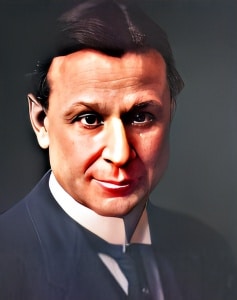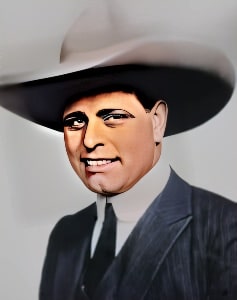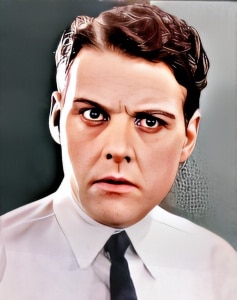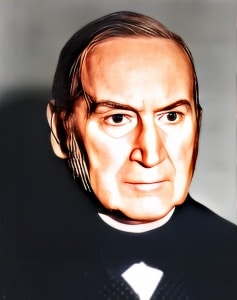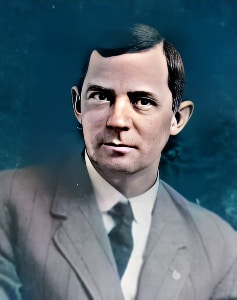 Joe Keaton, born on July 6, 1867, in Terre Haute, Indiana, was a significant figure in the world of silent comedy, even though he often worked behind the scenes or in the shadows of his more famous son, Buster Keaton.
Joe Keaton, born on July 6, 1867, in Terre Haute, Indiana, was a significant figure in the world of silent comedy, even though he often worked behind the scenes or in the shadows of his more famous son, Buster Keaton.
His contributions to the silent film era, particularly in iconic films like “ Our Hospitality” (1923), were essential to the success of the comedy genre during this period.
While Buster Keaton, Joe’s son, is celebrated as one of the greatest comedians in the history of cinema, Joe played a vital but less visible role in his son’s career. Joe Keaton worked as a performer in vaudeville and occasionally in silent films. Still, it was his knack for engineering and his unwavering support of Buster’s creative vision that made him indispensable to his son’s success.
In “ Our Hospitality,” a silent comedy classic directed by and starring Buster Keaton, Joe Keaton played a small but memorable role. The film’s storyline revolves around an ongoing family feud, and Joe portrayed the train conductor in a humorous and perilous train sequence. This scene is among the most iconic and dangerous in silent film history, with Buster and Joe attempting various stunts and gags on a rickety, hand-operated train car.
Joe’s involvement in the stunts and gags of “ Our Hospitality” demonstrated his willingness to go to great lengths to achieve comedic perfection. He often performed alongside his son, serving as a valuable partner and providing the physicality required for many of the film’s humorously treacherous situations.
While Joe Keaton’s on-screen appearances were infrequent, he was indispensable behind the scenes. His engineering skills and ability to construct complex props and machines played a crucial role in creating the innovative and often dangerous gags for which Buster Keaton’s films are famous. Joe’s talents were instrumental in realizing Buster’s creative vision and ensuring the success of his films.
Joe Keaton’s unwavering support for his son’s career was evident throughout their collaboration. He not only participated in physically demanding stunts but also provided emotional support and guidance. The bond between father and son was a driving force behind Buster Keaton’s achievements in silent comedy.
During the transition to sound in cinema, Joe Keaton continued to support his son’s work, even as the industry underwent significant changes. His engineering skills were still in demand as new challenges and opportunities arose in the evolving film landscape.
Joe Keaton’s legacy in silent comedy extends beyond his appearances on screen. His contributions behind the scenes and his dedication to his son’s career played an integral part in the success of Buster Keaton’s films. Their collaboration left an indelible mark on the history of silent cinema.
Despite the challenges of adapting to new cinematic technologies and the changing industry landscape, Joe Keaton’s unwavering commitment to his son’s career and his vital role in creating some of the most memorable scenes in silent comedy continue to be celebrated. Joe Keaton’s presence, both on and off the screen, is an enduring testament to the collaborative and creative spirit of silent film comedy.
Loading live eBay listings...

